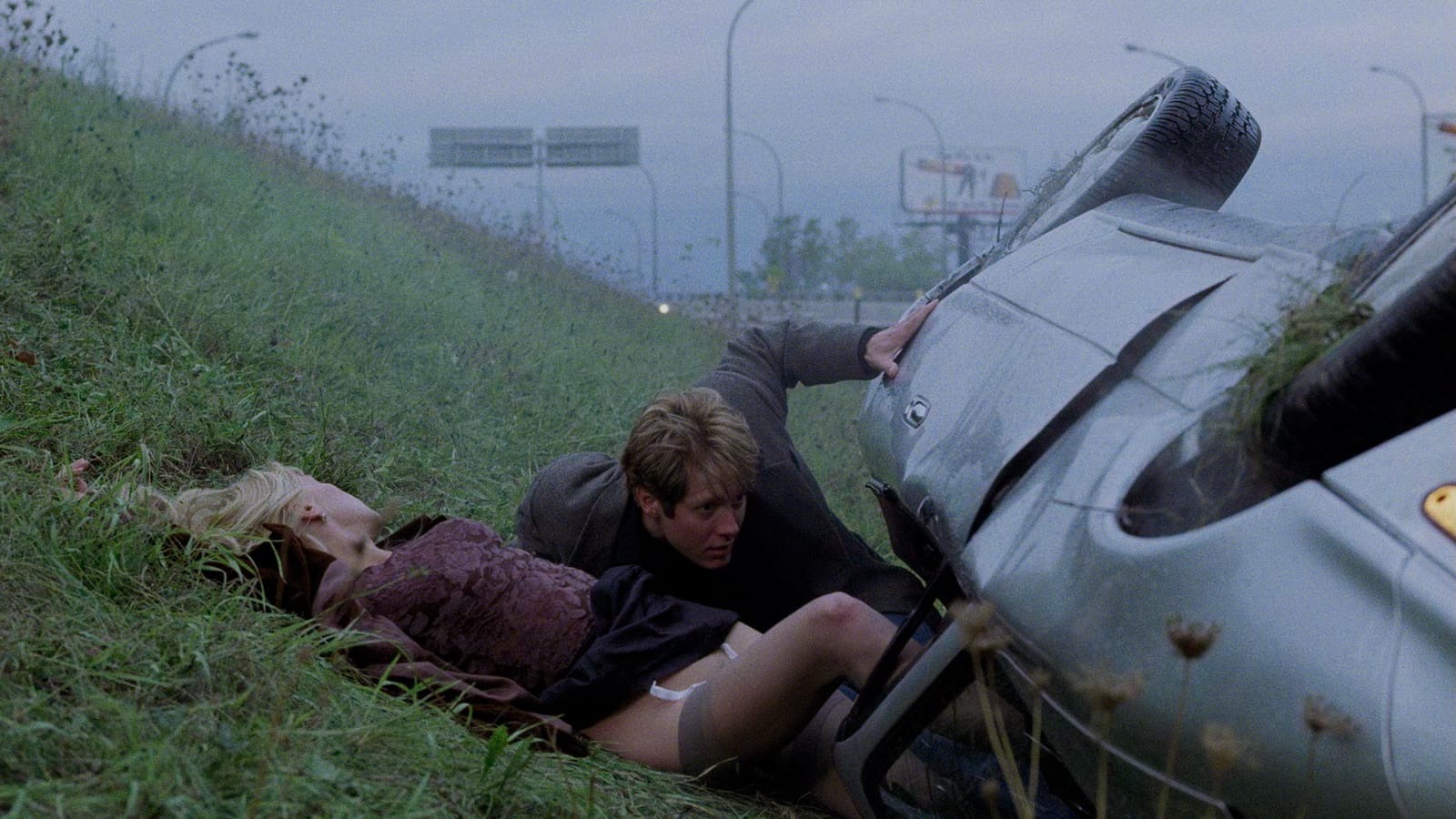Cronenberg Movies: A Deep Dive Into The Distinctive World Of David Cronenberg
David Cronenberg has long been a titan in the realm of cinema, particularly in the genres of horror and psychological thrillers. His unique style and the themes he explores have made Cronenberg movies a subject of both fascination and admiration among film enthusiasts. This article will delve into the remarkable films of David Cronenberg, highlighting their significance, themes, and impact on the film industry. By examining the intricacies of his work, we aim to provide a comprehensive overview that showcases why Cronenberg is considered one of the foremost directors in modern cinema.
The exploration of Cronenberg’s filmography reveals a filmmaker who is not afraid to challenge societal norms and delve into the darker aspects of human nature. His movies often blend elements of horror, science fiction, and psychological drama, creating an unsettling yet thought-provoking viewing experience. In this article, we will discuss various aspects of Cronenberg's films, from his early works to his latest projects, and the evolution of his artistic vision over the years.
As we journey through the world of Cronenberg movies, we will also consider the cultural and philosophical implications of his storytelling. This exploration will not only highlight his contributions to cinema but also engage with the broader themes of identity, technology, and the human condition. So, prepare to immerse yourself in the captivating and often bizarre universe of David Cronenberg’s films.
Table of Contents
- Biography of David Cronenberg
- Early Works
- Major Films
- Themes in Cronenberg's Movies
- Collaborations with Actors
- Impact on Cinema
- Latest Works
- Conclusion
Biography of David Cronenberg
David Cronenberg was born on March 15, 1943, in Toronto, Canada. He studied at the University of Toronto, where he initially pursued a career in literature before shifting his focus to film. His early short films laid the groundwork for his distinctive style, which would later be characterized by a blend of horror and provocative themes.
Personal Data and Biodata
| Name | David Paul Cronenberg |
|---|---|
| Date of Birth | March 15, 1943 |
| Nationality | Canadian |
| Occupation | Film Director, Screenwriter, Producer |
| Notable Works | The Fly, Videodrome, A History of Violence |
Early Works
Cronenberg's early films, such as "Shivers" (1975) and "Rabid" (1977), positioned him as a pioneering figure in the body horror subgenre. These films explored themes of sexuality, disease, and transformation, often incorporating graphic imagery that challenged conventional storytelling.
- Shivers - A film about a parasite that causes sexual arousal, which led to controversy upon its release.
- Rabid - Focused on a woman who undergoes experimental surgery that leaves her with a thirst for human blood.
Major Films
Some of Cronenberg's most significant works include:
- The Fly (1986) - A tragic tale of a scientist whose experiment goes horribly wrong, leading to his transformation into a fly-human hybrid.
- Videodrome (1983) - A satirical take on media consumption and its effects on reality, featuring disturbing imagery and themes of control.
- A History of Violence (2005) - A crime thriller that explores themes of identity and violence, earning three Academy Award nominations.
Themes in Cronenberg's Movies
David Cronenberg's films are known for their recurring themes, including:
- Body Horror - The exploration of physical transformation, disease, and the fragility of the human body.
- Technology and Humanity - The relationship between technology and the human experience, often portraying technology as a force that alters reality.
- Psychological Exploration - Deep dives into the psyche of characters, revealing their fears, desires, and motivations.
Collaborations with Actors
Cronenberg has a history of collaborating with notable actors, which has contributed to the success of his films. Some of these collaborations include:
- Jeff Goldblum in "The Fly"
- Jodie Foster in "Naked Lunch"
- Viggo Mortensen in "A History of Violence" and "Eastern Promises"
Impact on Cinema
The influence of Cronenberg's work extends beyond the horror genre. His films have inspired countless filmmakers and artists, establishing him as a key figure in the evolution of modern cinema. His unique approach to storytelling has paved the way for discussions surrounding the nature of identity and the human experience.
Latest Works
In recent years, Cronenberg has continued to create thought-provoking films, including "Maps to the Stars" (2014) and "Crimes of the Future" (2022). These films further explore his signature themes while adapting to contemporary societal issues.
Conclusion
David Cronenberg's films are a testament to the power of cinema as a medium for exploring complex and often uncomfortable themes. From body horror to psychological exploration, his work challenges audiences to confront their own humanity. As we reflect on the impact of Cronenberg movies, we invite you to share your thoughts and experiences with his films in the comments below. Explore our site for more articles on iconic filmmakers and the art of cinema.
Thank you for taking the time to delve into the fascinating world of David Cronenberg's movies. We hope this article has enriched your understanding of his work and inspired you to explore his films further. Until next time, happy viewing!
Paris Hilton And Her Journey Into Motherhood: A Look At Paris Hilton Kids
Paul Giamatti's Wife: An Insight Into Their Life Together
Carnival Cruise Line Stock: A Comprehensive Guide For Investors


